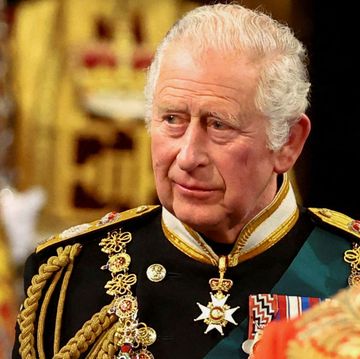It's not often that the Premier League solves an unsolvable thought experiment which has puzzled logicians and philosophers for centuries, but it looks like this is one of those rare moments. This time: if a tree falls in the forest and no-one is around to hear it, does it make a sound? Or, more specifically: if Bournemouth finish in mid-table with no-one there to watch them, do they still make enough cash for a new suite of cryotherapy pods?
The answer is yes, it turns out. A BBC report found that half of the teams in last season's Premier League would have made pre-tax profits even if no fans at all had turned up to their games, thanks to the £8.3 billion in global TV revenues clubs received.
West Brom, West Ham, Burnley, Tottenham, Hull City, Bournemouth, Southampton, Swansea City, Everton and Crystal Palace would all have made money playing to empty grounds. West Brom would've made £33.03 million playing to an empty Hawthorns, and given how things panned out last season that might've been better for everyone. Meanwhile, Bournemouth's lack of revenue from their tiny 11,450-seater stadium made only £5.2 million of their £136.5 million turnover from ticket sales, or less than 4p in every pound.
So, are the days of shrieking masses of humanity numbered? No, says a representative of the shrieking masses of humanity.
"On one level they don't need the fans because they have got so much money from broadcasters, but at another level they do need fans to keep an attractive product," Malcolm Clarke, chair of the Football Supporters' Federation told the BBC. "How boring would it be to watch a Premier League game in an empty stadium?"
Presumably that's a rhetorical question, so stand down your witticisms about Arsenal's attendance-count policy until a later date.













